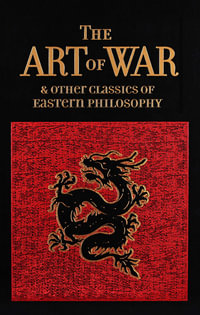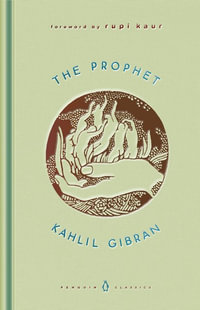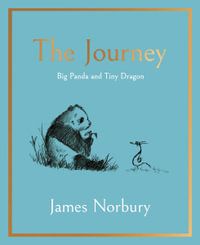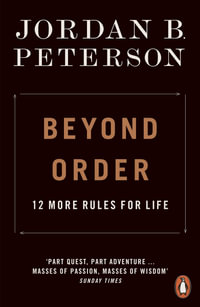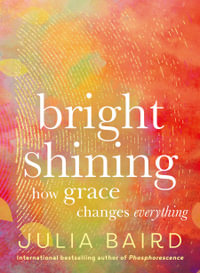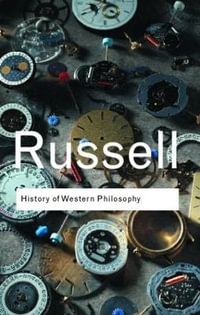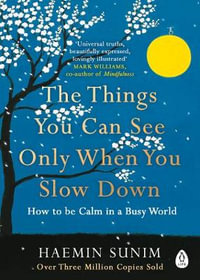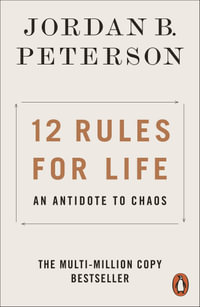Volume I: Phenomenology: Central Tendencies and Concepts A. the Founder of Phenomenology 1. Paul Ricoeur , 'Introduction: Husserl (1859-1938)', in P. Ricoeur, Husserl. An Analysis of His Phenomenology , trans. by Edward G. Ballard and Lester E. Embree (Evanston, IL: Northwestern U. P., 1967), pp. 3-12. 2. Dorion Cairns , 'An Approach to Husserlian Phenomenology', in F. Kersten and R. Zaner, eds, Phenomenology: Continuation and Criticism . Essays in Memory of Dorion Cairns (The Hague: Nijhoff, 1973), pp. 223-238. 3. Walter Biemel , 'The Decisive Phases in the Development of Husserl's Phenomenology', in R. O. Elveton, ed., The Phenomenology of Husserl . Selected Critical Readings , 2nd ed. (Seattle: Noesis Press, 2000), pp. 140-163. B. Stages and Tendencies 4. Adolf Reinach, 'Concerning Phenomenology', trans. Dallas Willard, The Personalist Vol. 50 (1969), pp. 194-221. 5. Dermot Moran, 'Making Sense: Husserl's Phenomenology as Transcendental Idealism', in Jeff Malpas, ed., From Kant to Davidson: Philosophy and the Idea of the Transcendental, Routledge Studies in Twentieth-Century Philosophy (London: Routledge, 2003), pp. 48-74. 6. John Wild , 'Man and His Life-World', in For Roman Ingarden: Nine Essays in Phenomenology (The Hague: Nijhoff, 1959), pp. 90-109. 7. Joseph J.Kockelmans, 'The Twofold Task of Working Out the Question of Being. Reflections on Method', in Joseph J. Kockelmans, Heidegger's 'Being and Time': the Analytic of Dasein as Fundamental Ontology (Washington, D.C.: Center for Advanced Research in Phenomenology & Unviersity Press of America, 1989), pp. 63-90. C. Methodological Notions 1) Intentionality 8. Dermot Moran, 'Heidegger's Critique of Husserl's and Brentano's Accounts of Intentionality', Inquiry Vol. 43 No. 1 (March 2000), pp. 39-65. 9. Dorion Cairns, 'Theory of Intentionality in Husserl', Journal of the British Society for Phenomenology Vol. 32 No. 2 (May 2001), pp. 116-124. 2) Intuition and Evidence 10. Robert Sokolowski, 'Husserl's Concept of Categorial Intuition', Phenomenology and the Human Sciences: Supplement to Philosophical Topics (1982), pp. 127-41. 11. Dagfinn Fillesdal, 'Husserl on Evidence and Justification', in Robert Sokolowski, ed., Edmund Husserl and the Phenomenological Tradition: Essays in Phenomenology (Washington: the Catholic U of America Pr., 1988), pp. 107-29. 3) Epochè and Reduction 12. John J. Drummond , 'Husserl on the Ways to the Performance of the Reduction', Man and World 8 No. 1 (February 1975), pp. 47 13. Elisabeth Ströker, 'The Problem of the Epochç in Husserl's Philosophy', in Elisabeth Ströker, The Husserlian Foundations of Science, Ed. Lee Hardy (Washington, DC: University Press of America, 1987), pp. 69-81. 4) Constitution and Passivity 14. Ludwig Landgrebe, 'The Problem of Passive Constitution', trans. Donn Welton in L. Landgrebe, The Phenomenology of Edmund Husserl. Six Essays, ed. Donn Welton (Ithaca, NY & London: Cornell U.P., 1981), pp. 50-65. 15. Anthony J. Steinbock, 'Generativity and Generative Phenomenology', Husserl Studies 12 (1995), pp. 55-79. 5) Horizon 16. Tze-Wan Kwan, 'Husserl's Concept of Horizon: An Attempt at Reappraisal', Analecta Husserliana 31 (Dordrecht: Kluwer Academic Publishers, 1990), pp. 361 17. Roberto J. Walton, 'World-experience, World-representation, and the World as an Idea', Husserl Studies, vol. 14 (1997), pp. 1-20. 6) the Life-World 18. David Carr, 'Husserl's Problematic Concept of the Life-World', in Frederick A. Elliston and P. McCormick. Eds. Husserl. Expo



